BY GOLDEN MATONGA & GREGORY GONDWE
As the country’s anti-crime agencies struggled to prove cases against several money-laundering and corruption suspects and recover proceeds of crime, some of the suspects had stashed billions of their wealth in offshore accounts in secrecy jurisdictions across the world.
An investigation by the International Consortium for Investigative Journalists (ICIJ) and partners across the global including Malawi’s Nation Publications Limited and Platform for Investigative Journalism (PIJ) dubbed the Pandora Papers— based on a record leak of documents from the international banking system—has opened a can of worms on how funds from the country were wired to offshore accounts which were beyond the reach of the local investigating agencies.
Several business persons have been named in the cache of documents received by the ICIJ which have been shared with its partners and among those named include world leaders, business people, celebrities, and criminals.
One of the Malawi’s richest businessmen, Hetesh Anadkat, the owner of First Capital Bank, and other business persons whose dealings with Malawi government, in particular, had been subject of corruption investigations for years also appear in the documents.
Those include Shiraz Ferreira, the owner of the Blantyre-based SF International which was once investigated for tax evasion leading to Ferreira’s arrest by the Anti-Corruption Bureau (ACB) before the charges were dropped in an out of court settlement.
An ICIJ analysis of the secret documents identified 956 companies in offshore havens tied to 336 high-level politicians and public officials, including country leaders, cabinet ministers, ambassadors, and others. More than two-thirds of those companies were set up in the British Virgin Islands, a jurisdiction long known as a key cog in the offshore system.
At least $11.3 trillion is held “offshore,” according to a 2020 study by the Paris-based Organization for Economic Cooperation and Development. Because of the complexity and secrecy of the offshore system, it’s not possible to know how much of that wealth is tied to tax evasion and other crimes and how much of it involves funds that come from legitimate sources and have been reported to proper authorities.
The ICIJ documents show Ferreira was shareholder and director of Strood International Ltd., a company created in the Seychelles, in May 2007 and routed funds out of the country which prompted the international banking system to flag them as possible proceeds of the crime.
Another Malawian businessman previously charged with corruption named in the documents is Mohamed Abdul Gaffar Kassam, the owner of Globe Electronic Limited, a company whose dealings with the Malawi Defense Force (MDF) led to Kassam’s arrest in 2016 by the Anti-Corruption Bureau (ACB).
The arrest was in connection with the supply and delivery of motor vehicle communication equipment to the Malawi Defence Force [MDF] and to date, the prosecution is yet to be completed as Kassam and co-accused person, Richard Makondi, have been battling in court to restrain the ACB from prosecuting them.
Another businessman, Tushar Vinodrai Lakhani, who was arrested in 2015 for illegal externalization of forex, registered an official company, Infinity Trading Company Ltd., created in the United Arab Emirates in 2012 and channeled funds to official accounts and was able to move funds to offshore accounts.

A bank due diligence officer observed that Lakhani had been trading in hardware, electrical items, building materials, textiles, bicycles, truck tyres and batteries as well as other general trading items which were predominantly sourced from China, United Arab Emirates, and Taiwan as well as other countries and shipped mainly to Malawi.
The source of funds was stated to be personal savings and business and been operating since 2006 but the bank was only alerted to possible wrongdoing when Malawi authorities arrested Lakhani for illegal externalization of forex.
While Ferreira was not eventually prosecuted for any other investigations of tax evasion, his lawyer during the time, Frank Mbeta, remains under investigation for allegedly bribing an official at MRA to steal the file containing evidence against Ferreira, the ACB confirmed.
Mbeta later obtained an injunction stopping the Anti-Corruption Bureau (ACB) from prosecuting him.
While under investigation, Ferreira rushed to High Court in Blantyre to obtain an injunction after the Anti-Corruption Bureau (ACB) which suspected corruption in his transactions with the country’s security agencies, had asked him to furnish it with originals or certified true documents relating to the contracts from 2009 to 2015 within 72 hours from July 27 2015. To date, no prosecution against Ferreira has taken place.
But whether legitimate or not, the evidence we have sourced show Shiraz Ferreira was funneling some of the proceeds of his dealings in the country to an offshore account in the British Virgins Island, and that even attracted monitors of the international banking system who flagged his payments but could not freeze Ferreira’s funds as all reporting on Ferreira from Malawi indicated that he had been cleared of any wrongdoing in the investigations he was facing at home.

In accordance with the Proceeds of Criminal Conduct Act, a bank manager for Barclays issued suspicious activity report (SAR) about Ferreira to the Financial Investigation Agency in British Virgin Islands.
The reports indicate SBISS INVESTMENTS LIMITED had registered business address as 3rd Floor, Yamraj Building, Market Square, Road Town, Tortola, British Virgin Islands while SHIRAZ FERREIRA’s with permanent address listed as Plot BC320, Blantyre, Malawi.
“During our due diligence review of the company, we requested and obtained the due diligence documents of the beneficial owner, however, while updating the background verification on the UBO, we became aware that Mr. Shiraz Ferreira was charged by the Malawi Law enforcement for money laundering and further that these charges were subsequently dismissed by the Malawi authorities, upon their investigation that concluded that Mr. Ferreira was a genuine entrepreneur who follows the terms of his contracts,” reads part of the SAR.
It adds: “However, further to our communication with our client of record, we were notified that they have lost contact with the UBO and as such, we have also resigned our services and as Registered Agent of the company,”
Efforts to speak to Ferreira and Lakhani or their representatives proved futile but when contacted, Kassam, whose corruption case remains in court in the Supreme Court, refused to state whether he opened the offshore account to avoid tax obligations or hide any ill-gotten wealth.
“I registered that account but I now use it. It’s a long time ago, there is no issue for you to worry about,” said Kassam.
The ACB and Financial Intelligence Authority (FIA) did not respond to inquiries on how the various investigations into the alleged criminal activities of the named suspects were affected by absence of information from offshore accounts.
Malawi does have some agreements for information sharing with some of the countries that are tax havens but not the majority. The countries that Malawi has agreements with are mostly members of the Commonwealth who in 1991 signed the Mutual Assistance in Criminal Matters Act.
The Act allows the state through an appropriate authority in Malawi, such as the office of the Attorney General, where it has a reasonable ground to believe evidence of information relevant to any criminal matter, to request another state to provide such assistance.
But the majority of tax havens do not comply with such requests, according to sources in the criminal justice system.
Malawi’s Attorney General Thabo Nyirenda, a former financial crimes prosecutor for the country’s Reserve Bank, said in an interview, tax havens and shell companies have frustrated the country’s efforts to prosecute those who steal from the government or externalize its hard-earned foreign currency.

He further bemoaned that the countries where such accounts are domiciled have also regularly failed to comply with requests for information required for criminal investigations and proceedings.
“There is secrecy in those jurisdictions. From experience with cases I have been dealing with, Hong Kong, Mauritius, Netherlands, Switzerland, Dubai, and Panama are destinations of funds stolen from Malawi or externalized forex,” said Nyirenda.
Nyirenda said the levels of secrecy around the jurisdictions, such as in Switzerland where until the global financial crisis of 2008 an individual could open an account with just a number, and not a name, has provided a safe haven to those who want to hide proceeds of crime or avoid tax obligations.
“These loopholes, are used by huge multinational companies too, in exploiting the global financial system, by creating shell companies in various jurisdictions to facilitate illicit transfer pricing,” said Nyirenda.
He said there was a need to adjust to the new sophisticated techniques that criminals and companies are devising to exploit the weaknesses in the financial system, saying efforts have to be made both at home and in the international community.
Recently, the office of the Director of Public Prosecutions (DPP) said it will be requesting mutual assistance through Attorney General (AG) office to allow international legal firms to help with investigations of suspicious off-shore accounts linked to fraud at the Reserve Bank of Malawi (RBM).

Former Attorney General Chikosa Silungwe then confirmed the request was being processed. The foreign accounts are said to be located in United Arab Emirates (UAE), Egypt, and Mauritius but could not say how much is in the accounts.
Outdated tax treaties with other countries such as Switzerland, Netherlands, France, and the UK—mostly signed before Malawi became independent—enable individuals and companies to arrange their accounts to avoid taxes in Malawi, said Rachel Etter Phoya, a Researcher for the Tax Justice Network (TJN) in an interview.
“They weren’t even signed by Malawians. The gross irony of this is that the same countries also have so-called development cooperation arrangements with Malawi and give financial aid or support development projects from Nsanje to Chitipa,” said Phoya.
She added: “One of the problems with all of these tax treaties is that they include far lower withholding tax rates than the usual ones applied in Malawi which is a sure way to encourage companies to shift profits out of Malawi to avoid taxation.”
The most powerful tax havens are among the richest countries which also claim to support developing nations like Malawi— which by some estimates loses over 46 billion Kwacha each year because of multinational corporate tax abuse and people evading taxes— through aid.
Such funds can be used to build a lot of schools, hospitals, roads, and railway lines in a country badly in need of infrastructure upgrades.

Additionally, the Reserve Bank of Malawi suspects that Malawi has lost $394.60 million (about K240 billion) through unauthorized externalization of foreign exchange by some multinationals in the country through transfer pricing—an amount almost equivalent to what the country earns from tobacco—the country’s major foreign exchange earner and about 17 percent of Malawi’s K1.4 trillion 2018/19 National Budget.
The Cayman Islands—the British overseas territory where the British Queen is Head of State—the USA and Switzerland are ranked by the Financial Secrecy Index as the top global secrecy jurisdictions where individuals move their money and assets to escape the rules and regulations where they live.
Tax justice advocates, however, argue that the country’s legal framework can do more to lift the veil of secrecy that shrouds some businesses in Malawi to help make sure companies which mostly trade with government don’t use it to milk the country while paying back little in returns.
It’s the weakness in the system that has facilitated a lot of fraudulent deals in Malawi government where business people have posed as international traders and bloated contract sums, according to Phoya.
“Malawi’s Registrar General must have the legal mandate to collect and verify information on who really owns and benefits from the activities of companies and trusts. We have a new order in Malawi that is set out to help small businesses, and businesses owned by women, young people, and people with disabilities to supply goods and services to government,” said Etter-Phoya.
She adds: “Yet without knowing the ultimate beneficial owners and without having adequate sanctions for those who lie on declarations, dishonest big businesses may just use other people to front companies.”
The Pandora Papers investigation lays bare the global entanglement of political power and secretive offshore finance. Pandora Papers unmasks the covert owners of offshore companies, incognito bank accounts, private jets, yachts, mansions, among others.
Based upon the most expansive leak of tax haven files in history, the investigation reveals the secret deals and hidden assets of more than 330 politicians and high-level public officials in more than 90 countries and territories, including 35 country leaders. Ambassadors, mayors and ministers, presidential advisers, generals, and a central bank governor appear in the files.
The International Consortium of Investigative Journalists, a nonprofit newsroom and network of journalists centered in Washington, D.C., obtained more than 11.9 million financial records, containing 2.94 terabytes of confidential information from 14 offshore service providers, enterprises that set up and manage shell companies and trusts in tax havens around the globe.

The files reveal secret offshore holdings of more than 130 billionaires from 45 countries including 46 Russian oligarchs. In 2021, according to Forbes, 100 billionaires had a collective fortune of more than $600 billion. Other clients include bankers, big political donors, arms dealers, international criminals, pop stars, spy chiefs, and sporting giants.



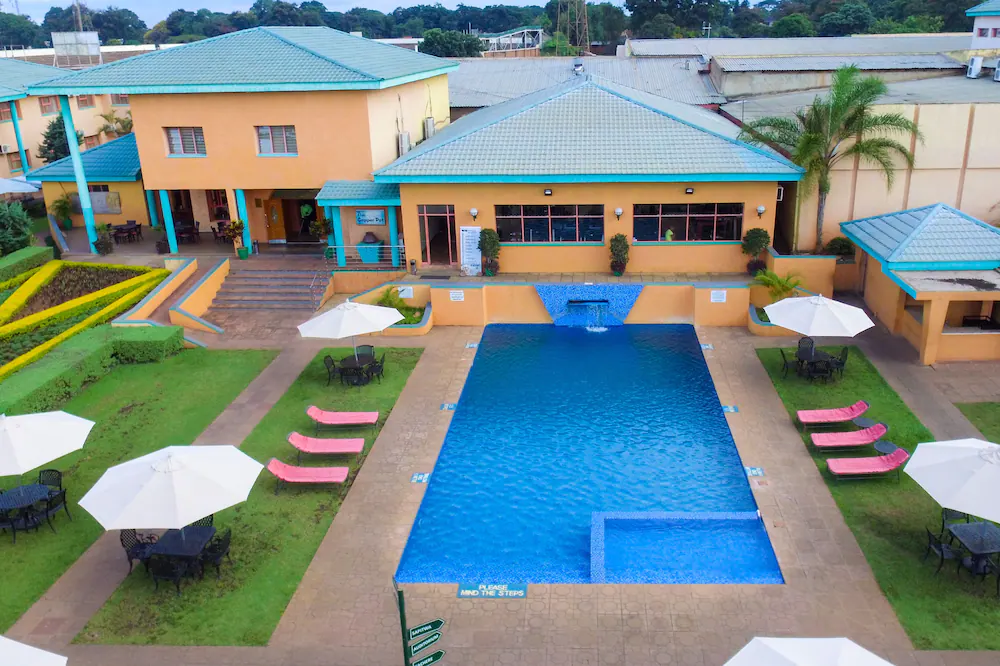
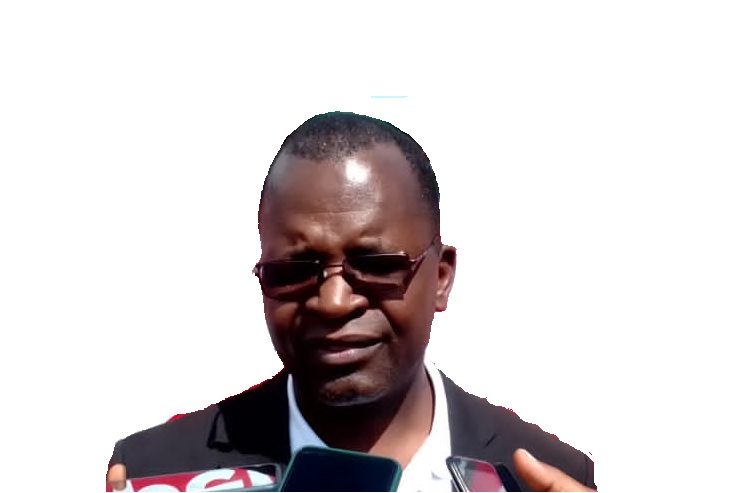
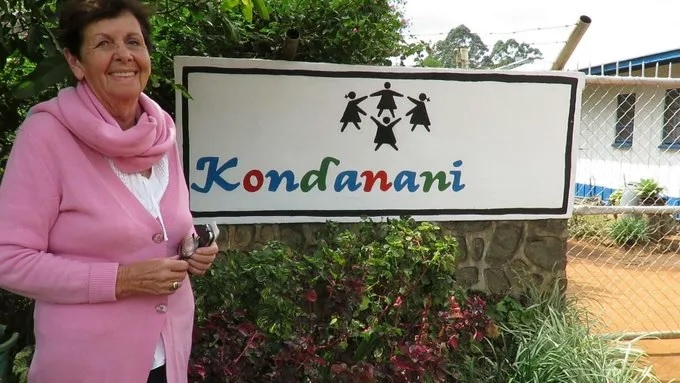

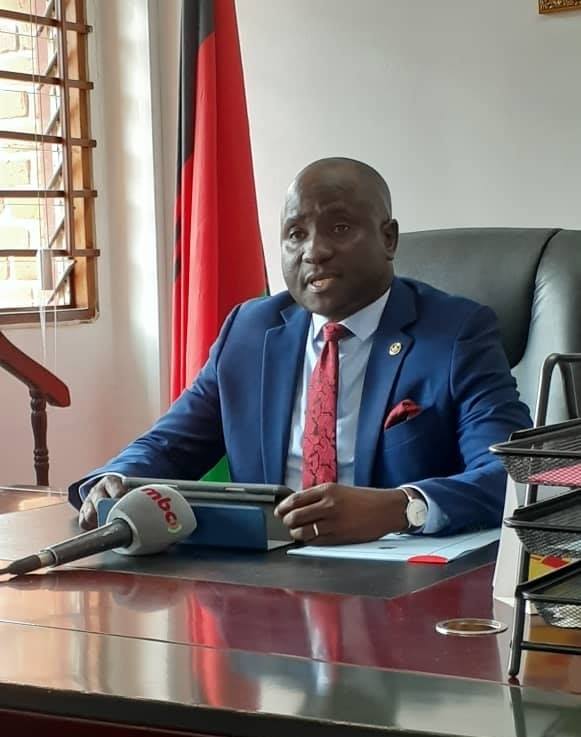
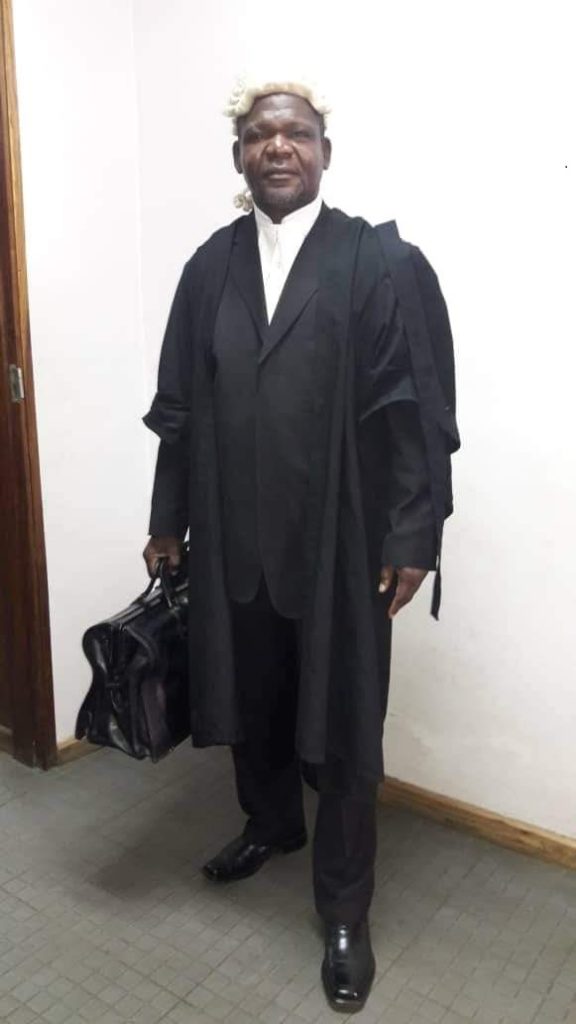
.jpg)
